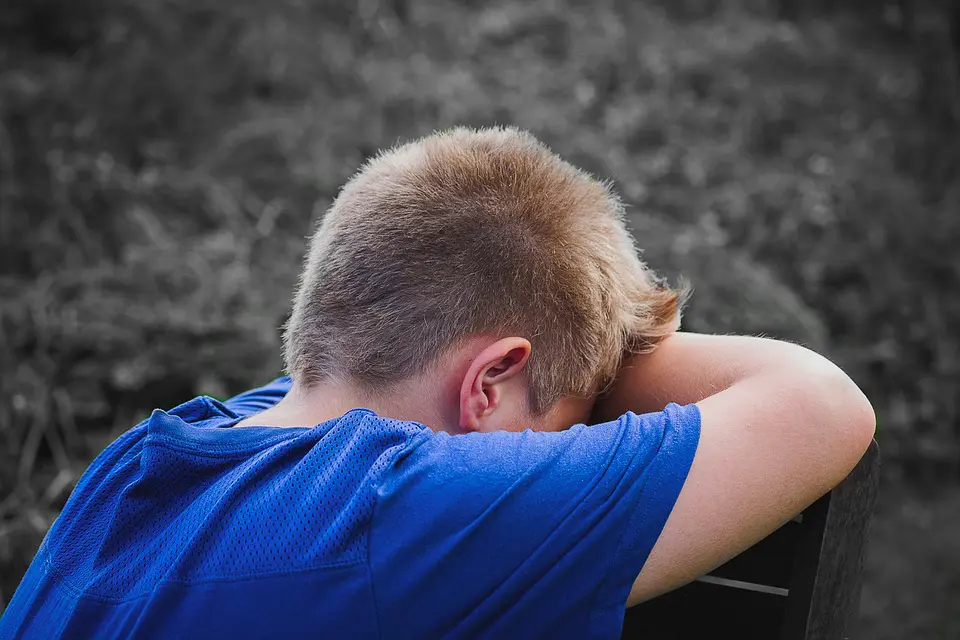Many parents observe their kids grinding their teeth, usually at night while they sleep. Teeth grinding, or bruxism, often occurs when infants are teething. It may also happen when children are getting their permanent teeth. Some children may grind their teeth out of frustration or stress or in response to pain. Others may grind when their bite is misaligned. Medical conditions, as well as genetics, may also be factors.

(Pixabay / Myriams-Fotos)
Teeth grinding does not necessarily indicate a serious problem. In fact, it is quite common among children. A large percentage of kids grind their teeth at some point during their childhood. Most children outgrow the problem before it causes any long-term tooth damage.
If your child’s bruxism becomes more serious, they may notice the following:
- Dental sensitivity to hot or cold temperatures
- Pain in the jaw and face (especially after sleeping)
- Discomfort when chewing food
- Grinding sounds during the night
If you suspect that your children are grinding their teeth, visit your family dentist in Utah. Your dentist can examine your kids’ teeth for possible damage and recommend ideas for helping your child overcome bruxism. In cases where bruxism is caused by stress, the dentist may recommend that your child take measures to relax more fully before bedtime.
When the dentist examines your child’s teeth, they may see that their enamel has been compromised. In these cases, the dentist might recommend a guard to protect their teeth from the wear and tear of grinding.
Parents can help protect their kids’ teeth by checking on them while they sleep at night. (Tooth grinding is more common in the night than the day.)
